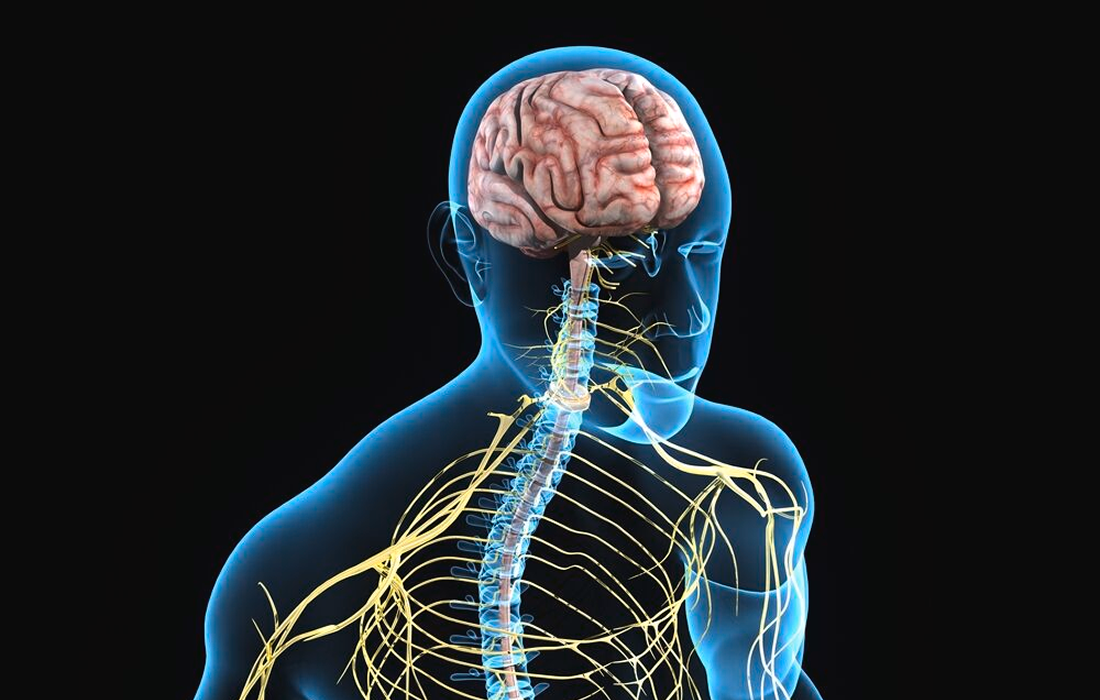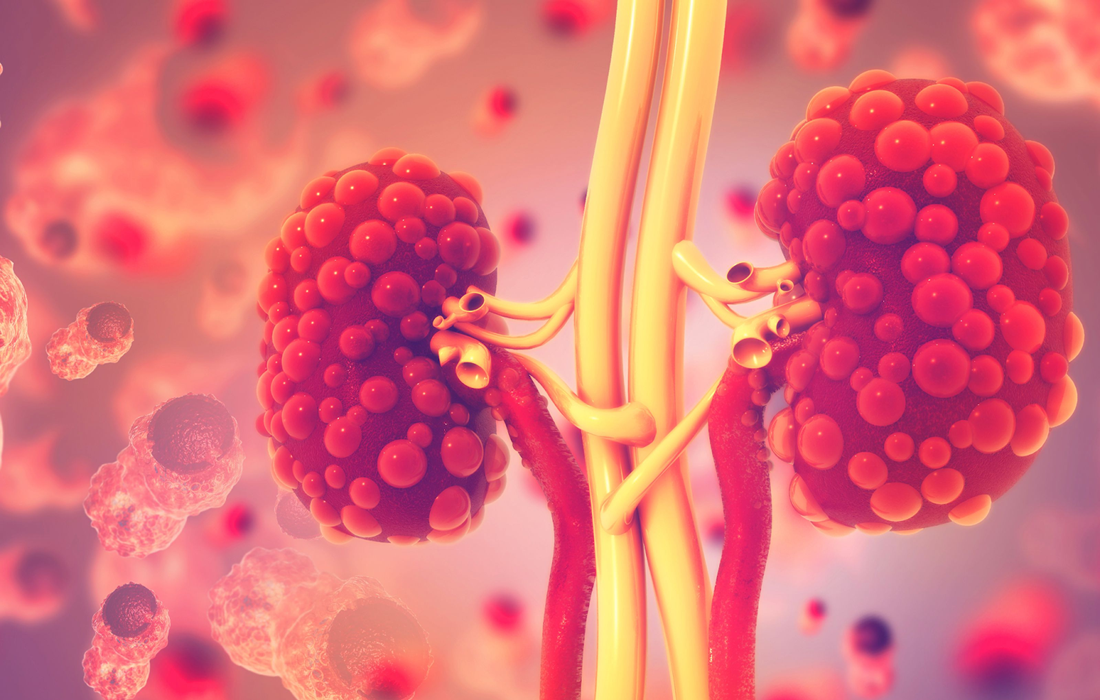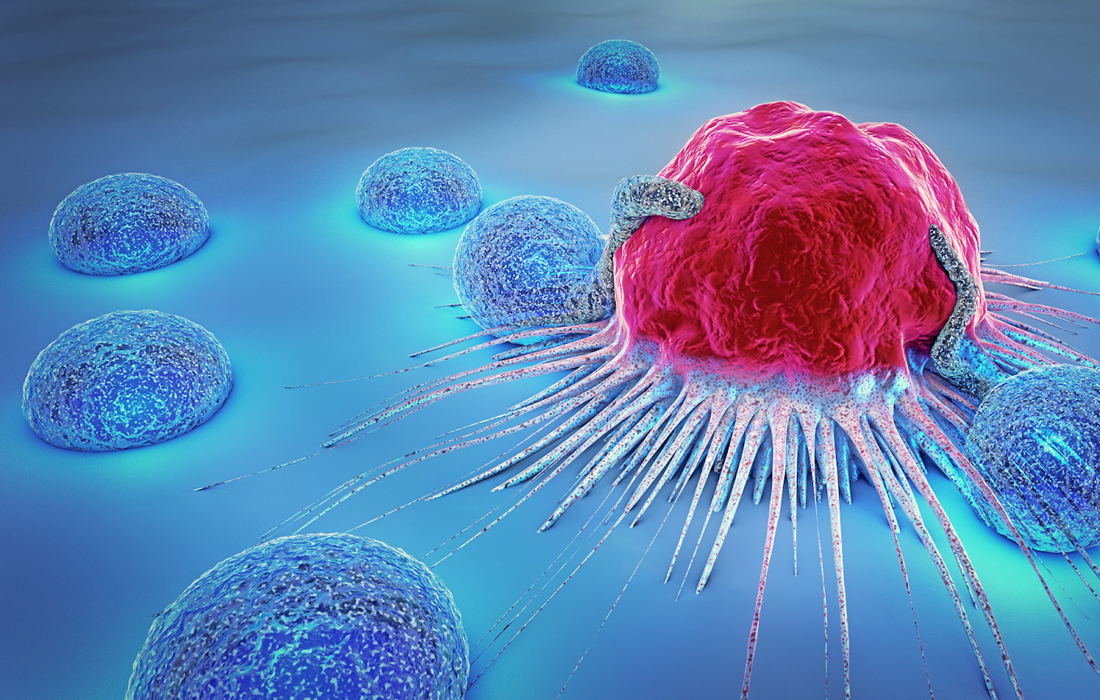Brachial plexus injury (BPI) is an advanced peripheral nerve injury that results in paralysis of the upper extremities. This injury is often caused by high-energy trauma such as road traffic accidents and young adult groups often experience it. Massive motor neuron damage and impairment functions of the brachial plexus-innervated muscles are the results of severe […]
Author Archives: Gabriel Piña, MD
There are a lot of myths surrounding the timing of eating and how it might influence either body weight or health. There’s the old saying in dieting that one must “breakfast like a king, lunch like a prince, and dine like a pauper,” based on the belief that consuming the bulk of daily calories in […]
Polycystic kidney disease is an inherited disease that involves bilateral renal cysts. The condition is broadly divided into 2 forms: autosomal dominant polycystic kidney disease (ADPKD) and autosomal recessive polycystic kidney disease (ARPKD). ADPKD is one of the most common inherited disorders in humans and the most frequent genetic cause of kidney failure in adults, […]
Asthma is a common chronic disease worldwide and affects approximately 26 million persons in the United States. It is the most common chronic disease in childhood, affecting an estimated 7 million children, and it is a common cause of hospitalization for children in the United States. The pathophysiology of asthma is complex and involves airway […]
Rheumatoid arthritis (RA) is a chronic systemic autoimmune inflammatory disease whose hallmark feature is a persistent symmetric polyarthritis (synovitis) that affects the hands and feet (see the image below). Any joint lined by a synovial membrane may be involved, however, and extra-articular involvement of organs such as the skin, heart, lungs, and eyes can be […]
An infectious etiology of Alzheimer’s disease has been postulated for decades and despite supportive evidence, it is still controversial . The increased risk for COVID-19 in people with Alzheimer’s disease and recent recognition of long lasting neurological sequelae of SARS-CoV2 infection in part reflecting inflammatory processes, which are central to Alzheimer’s disease neuropathology, suggest bidirectional […]
High blood pressure, or hypertension, is the most common primary diagnosis in the United States, and it is one of the most common worldwide diseases afflicting humans and is a major risk factor for stroke, myocardial infarction, vascular disease, and chronic kidney disease. Despite extensive research over the past several decades, the etiology of most […]
The extraembryonic mesoderm (EXM) is an important tissue with essential roles in development. EXM is implicated in primitive erythropoiesis and extracellular matrix formation; becomes an integral part of the amnion, yolk sac, allantois, and chorion; and forms the primitive umbilical cord. When all goes well, a human embryo implants in the womb about seven days […]
Neutrophils, the most abundant circulating leukocytes in humans, accumulate in many types of tumors and represent a significant portion of tumor-infiltrating cells. Due to their heterogeneity and plasticity in the tumor microenvironment (TME), neutrophils have demonstrated contradictory protumor and antitumor effects during tumor evolution. For instance, tumor-associated neutrophils present direct or antibody-dependent cytotoxicity against solid […]
How many times do we hear that you need an intense workout to see results in the short-term? or that you need to spend several hours in the gym to improve your strength and muscle thickness?. Well , latest research indicates a little bit of daily activity could well be the most beneficial approach, at […]










